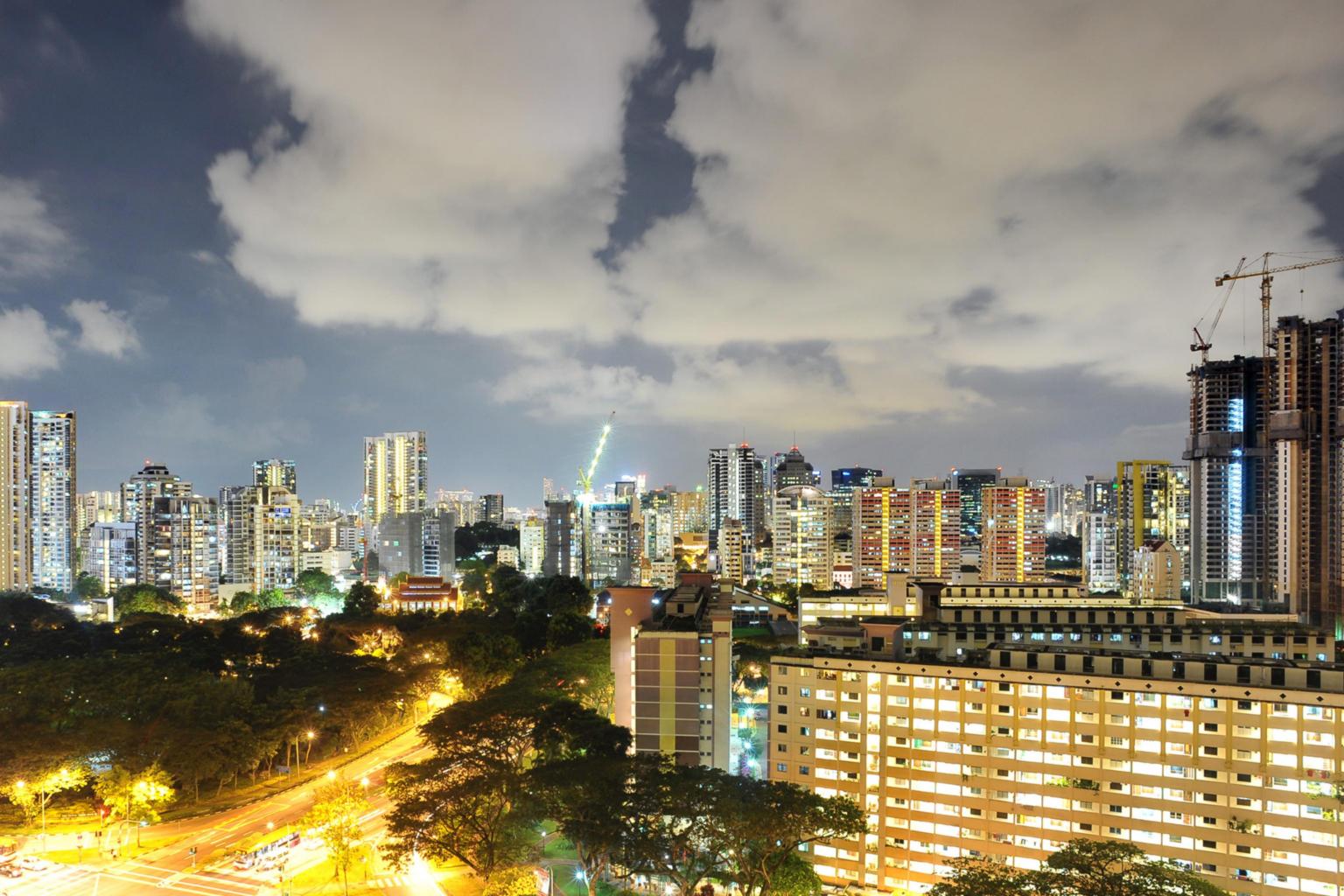National Day Rally 2018: Why fixing electricity prices not best way to subsidise lower-income families
Sign up now: Get ST's newsletters delivered to your inbox

PM Lee Hsien Loong said that fixing electricity tariffs would not be financially sustainable, during his National Day Rally on Aug 19, 2018.
PHOTO: ST FILE
SINGAPORE - As Singapore is not an oil-producing country, fixing electricity tariffs will mean costly subsidies, which cannot be sustained financially in the long run, said Prime Minister Lee Hsien Loong on Sunday (Aug 19).
Such a move would also mean those who consume more electricity will receive more subsidies, he added.
So, he does not think it is the best way to help low-income families because the heavy consumers of electricity are the wealthy.
Mr Lee argued the point in his Mandarin National Day Rally speech when he explained the issue of price increases and what the Government has done to ease cost of living pressures associated with them.
In a quick quiz he gave the audience, Mr Lee sought to show that electricity tariffs today cost less than 10 years ago, even though tariffs have gone up recently.
In 2008, the electricity tariff was 25.07 cents/kilowatt hour (kwh). This year, it is 23.65 cents/kwh.
Most of the audience at the rally held at the Institute of Technical Education (ITE) College Central campus in Ang Mo Kio did not have the answer when asked whether today's electricity tariffs are higher or lower.
Mr Lee said: "Unfortunately, we all remember vividly when the electricity tariff goes up, but when the tariff comes down, we forget quickly."
He added, to laughter from the audience, that this had created a political problem.
Flashing a chart to show that Singapore's electricity tariffs track fluctuations in oil prices, he explained that Singapore "cannot control electricity tariffs because we import almost all our energy".
Natural gas is used to generate electricity here, and the prices of natural gas are based on global oil prices.
"The Government has tried to keep inflation low and prices stable, but we cannot completely prevent prices from increasing," he added.
On how best to help the low- and middle-income households deal with this, Mr Lee said the U-Save rebates for families living in Housing Board flats is a more effective way to subsidise people's utilities bills.
The U-Save rebate is distributed every three months. It was announced earlier in Budget 2018 that eligible households will receive an additional $20 a year for three years, from next year to 2021.
Those living in one- and two-room flats can receive close to $400 in such rebates, which is about four months' worth of utility bills. Those living in bigger flats get less.
In his speech, Mr Lee also touched on the recent increase in water prices, explaining that it was necessary as the cost of producing clean water has gone up significantly over the years.
Singapore also needed to build more Newater factories and desalination plants to produce more of its own water, he added, saying water will always be a precious resource, strategic and security issue as well as a sensitive foreign policy matter.
"We put off the increase for as long as we could," he said.
He added: "I have spent some time today explaining the relationship between utility prices, energy prices, and U-Save rebates. I hope people will understand that we have adopted the best approach to lessen the burden of Singaporeans."


